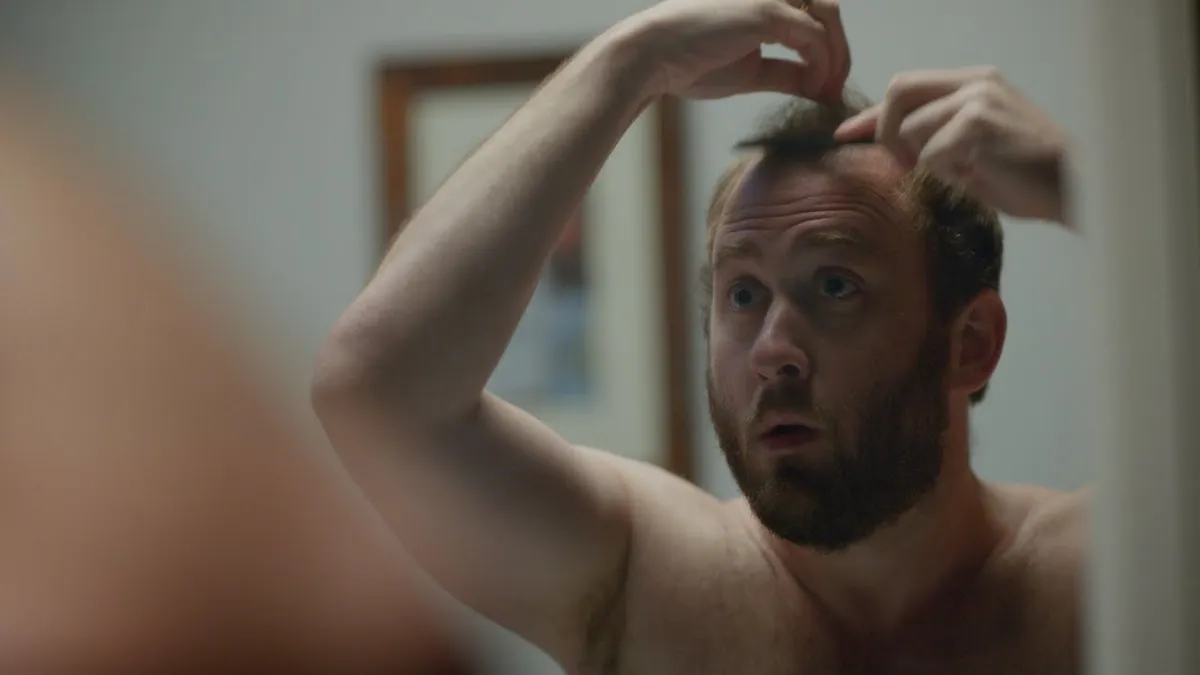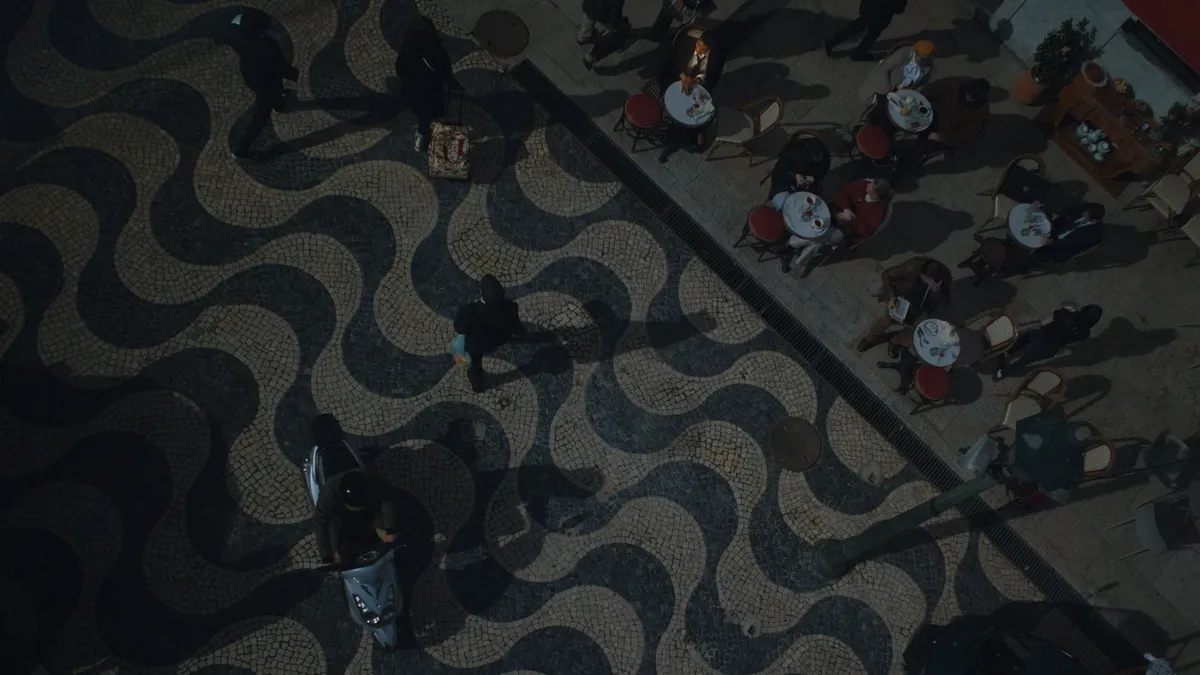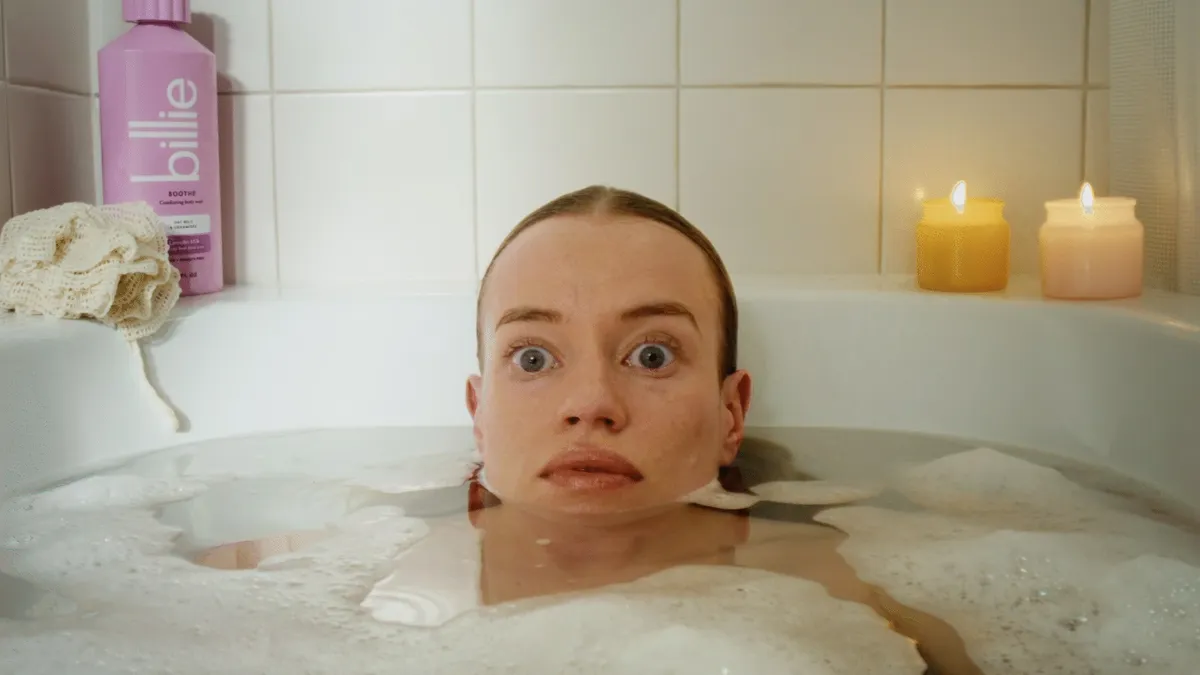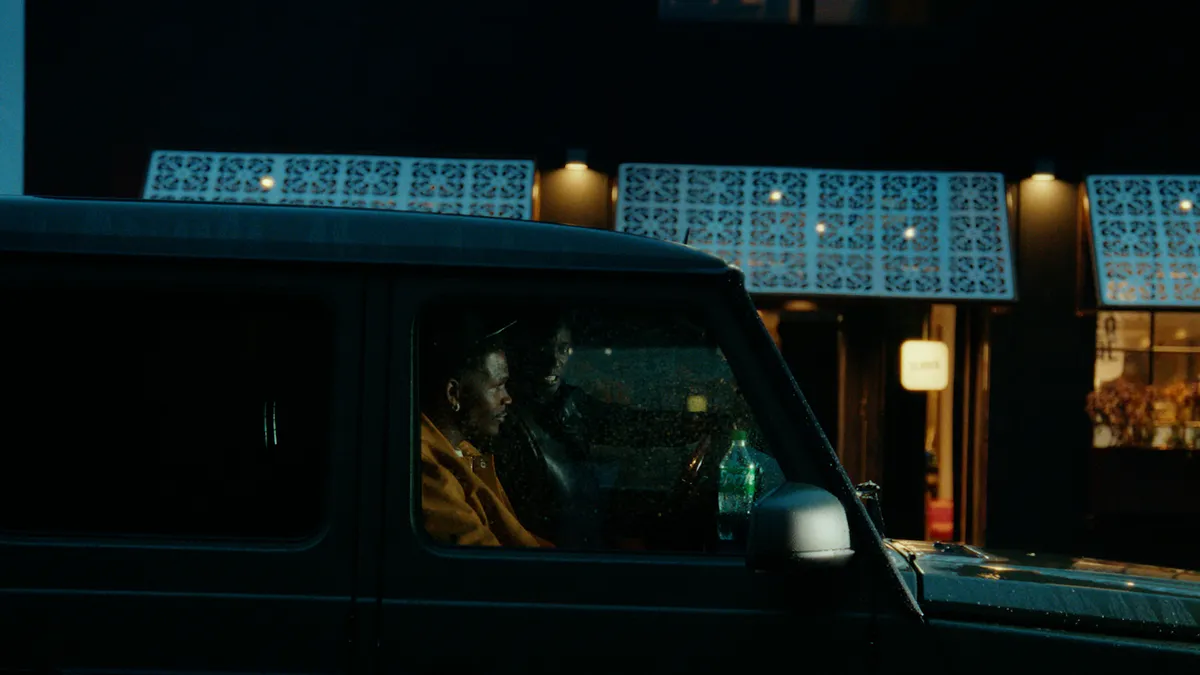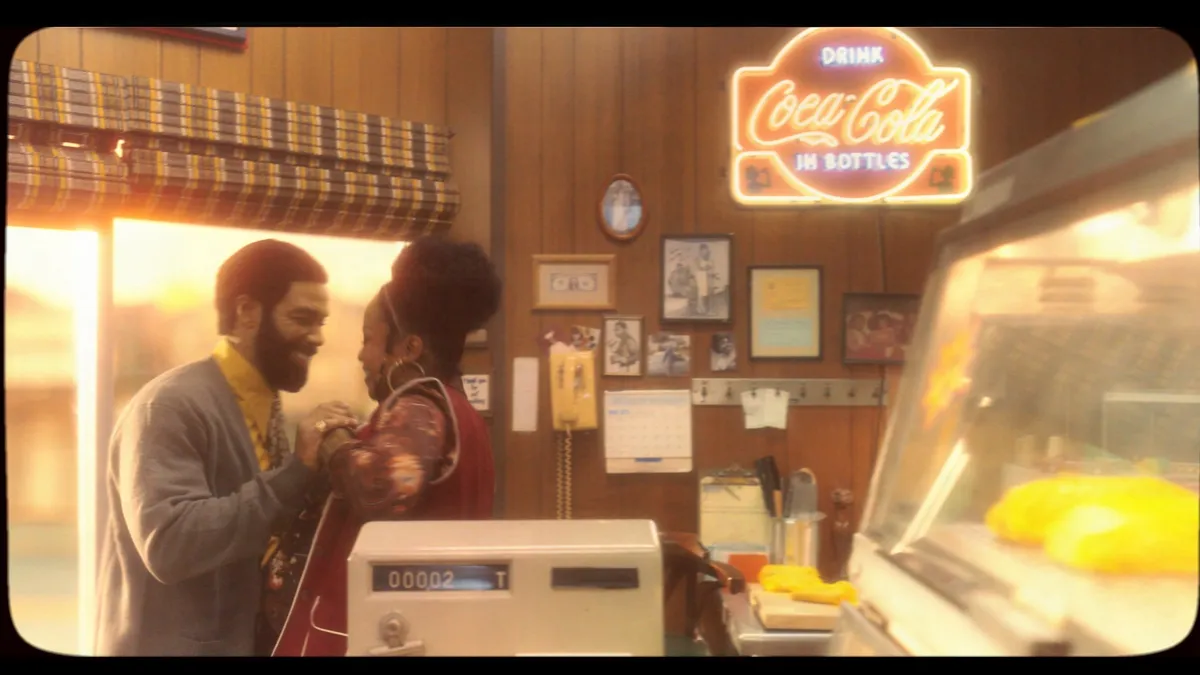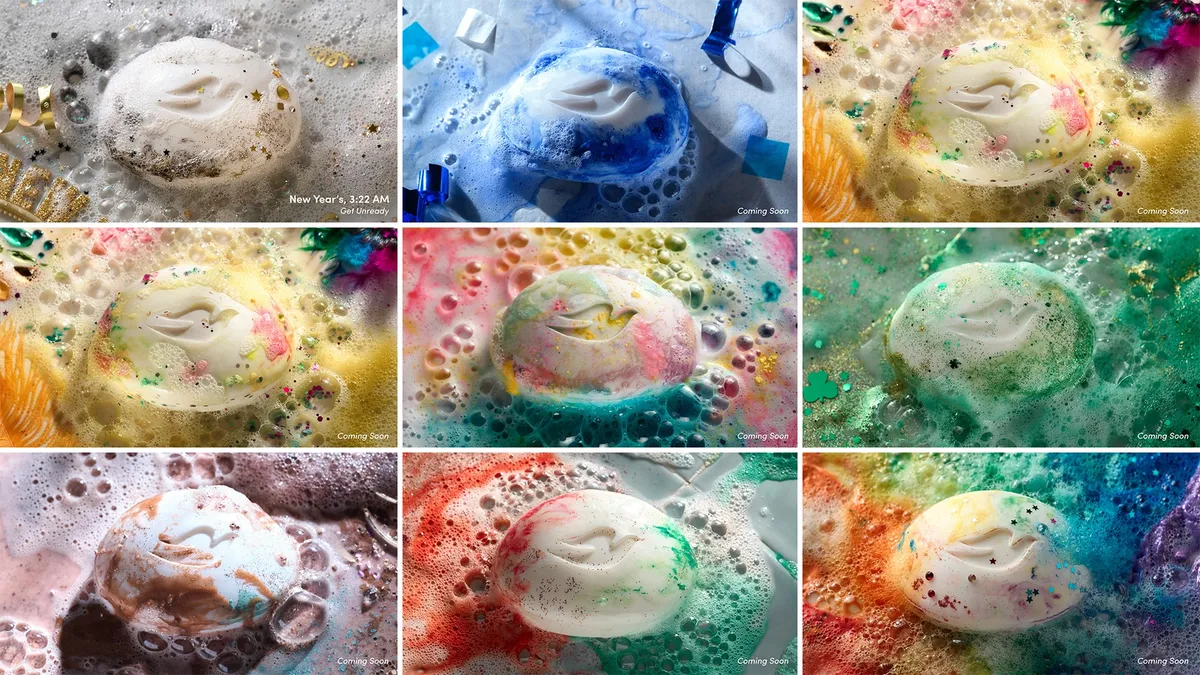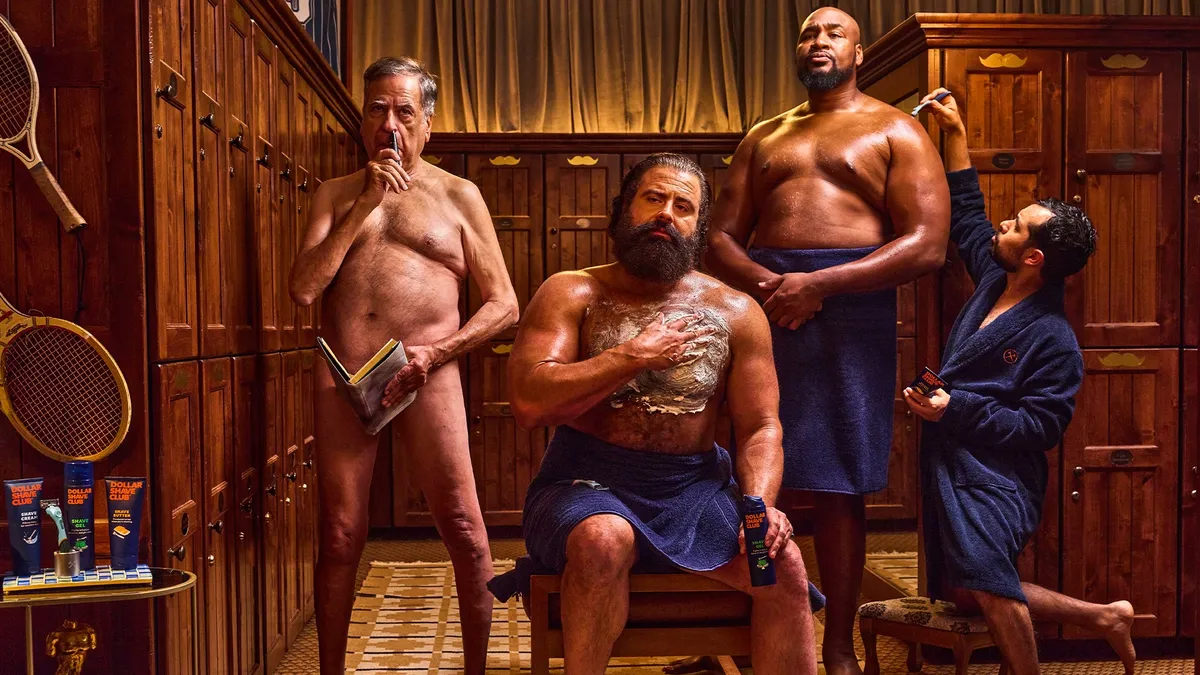Campaign Trail is our look at some of the best and worst new creative efforts from the marketing world. View past columns in the archives here.
This week, direct-to-consumer giant Dollar Shave Club tries a new approach with its edgy ads while Kit Kat figures out a way to insert itself into the viral spotlight — and a couple's marriage proposal — and Dunkin' Donuts leverages YouTube stars to horn in on National Fry Day.
Dollar Shave Club grows up with body-positive ad approach
The rundown: Dollar Shave Club has launched its "Get Ready" campaign with a long-form ad that features characters performing their bathroom routines. The characters are portrayed by a wide variety of actors across gender, age and body type lines and are shown shaving, showering and styling themselves in idiosyncratic ways.
The ad is set to Steve Lawrence's "I've Gotta Be Me," from the 1968 musical "Golden Rainbow." The song's lyrics — "Whether I'm right, whether I'm wrong / Whether I find a place in this world or never belong / I've gotta be me, I've gotta be me / What else can I be but what I am?" — echo the campaign's focus on individuality and its tagline, "Whoever you are, however you get ready… Welcome to the club."
Men say that over 30% of their grooming habits are embarrassing, according to a study commissioned by Dollar Shave Club. "DSC believes that the process of Getting Ready is universal, no matter how different your specific practices or routines may be," the company said in a statement. "Whether you pee in the shower, or wax your nipples, DSC encourages the authentic you to shine through." Those last two examples are featured in the long-form video, which will be followed by multiple 30- and 15-second TV ads, along with other online videos and static assets.
The results: Dollar Shave Club broke through with ads that showcased edgy humor and slapstick violence. While the "Get Ready" video still has the quirky edge of the brand's early commercials, it replaces tasers and boxing gloves to the groin with a body-positive message — that everyone is welcome to join Dollar Shave Club, no matter what they look like or how "unique" they are in the bathroom — and a heartwarming musical number.
Co-founder Michael Dubin studied improv with the Upright Citizens Brigade for eight years and wrote and starred in the company's early ads, including the company's initial web video that was shot for $4,500 and went viral. The company's innovative marketing and direct-to-consumer approach worked: In 2016, it was acquired by CPG giant Unilever for a reported $1 billion in cash.
The ad is in line with Unilever's Unstereotype initiative, which seeks to eliminate harmful portrayals of people in advertising. Generally, the focus on body positivity and "real beauty" has been an issue with portrayals of women in advertising, leading CVS to launch "Beauty in Real Life," which featured unaltered images, which Dove followed with the introduction of its "No Digital Distortion Mark" for unaltered photos of women. While Dollar Shave Club isn't the first Unilever brand to modernize its approach to marketing to men — Axe swapped its hyper-macho ads for the "Is It OK for Guys?" campaign last year — it's another step in the right direction.
—Chris Kelly
Kit Kat breaks its way into a DC couple's engagement
The rundown: On May 31, Washingtonian Haley Byrd tweeted a photo showing how her boyfriend ate his first Kit Kat: the "wrong" way by chomping down across the four bars of chocolate and wafer instead of breaking off each piece, as the candy bar's classic jingle suggests. Her tweet went viral, racking up 35,000 likes and 4,400 retweets. The internet community was up in arms, telling Byrd to dump him and "not have children with this man" over his Kit Kat cardinal sin, The Drum reported.
Like any brand basking in its moment in the viral spotlight, Kit Kat found a way to get in on the action. Days later, the candy brand tweeted a poll asking users what they'd do if their significant other bit directly into a Kit Kat versus breaking off the pieces. Fifty-two percent said break up with them, 48% said to give them a break. Then, the brand got in touch with Byrd and her boyfriend, Evan Wilt, and sent them a Kit Kat-themed care package to "give him a break" from all the flak he received online for his candy-eating strategy.
Fast forward a few weeks, and Kit Kat and The Hershey Co. created a 3D-printed Kit Kat lookalike that doubled as a ring box for Wilt to propose to Byrd on July 3. Hershey also provided a Kit Kat-themed cake for the couple's engagement party.
What would you do if your boyfriend bit directly into a Kit Kat (vs. breaking off a piece...)? #AskingForAFriend #KitKat
— Kit Kat (@KitKat_US) June 1, 2018
The results:
Beyond the initial annoyance of a brand wedging itself into a couple's special day, Kit Kat's move to help Wilt propose is admittedly pretty clever. Joining in on the chatter with a Twitter poll was low-risk and let the candy brand generate some extra buzz with minimal effort. Sending the care package to Wilt and Byrd likely created positive brand associations among the couple and reinforced its message of "taking a break" to enjoy a sweet treat. Kit Kat took things to a whole new level with the 3D-printed ring box. At first glance, it seems that Kit Kat may have gone too far with inserting itself into the couple's special moment, but Ian Norton, director of Kit Kat, told The Drum that Wilt was the one that contacted the brand's team for assistance with his proposal.
Kit Kat was clever to snap up a moment that ended up generating major brand buzz and press attention, plus, the effort wasn't super costly or time-intensive. Norton told The Drum that the team turned the entire thing around in about a week with less than $2,000. Though it's clearly too soon to tell whether the move had any sales impact, it's a solid example of how marketers can connect with consumers and spark some brand buzz by leveraging organic chatter online.
—Natalie Koltun
Dunkin' Donuts brings back Rebecca Black for Fry Day
The rundown: To celebrate National Fry Day and promote its recently introduced Donut Fries, Dunkin' Donuts has unveiled a music video, "It's Donut Fry-Day," starring YouTube character Miranda Sings and one-time viral sensation Rebecca Black.
Miranda Sings, one of the most popular personalities on YouTube, is the YouTube alter ego of actress-comedian Colleen Ballinger, who parodies vlogger personalities with her off-key singing and inept life advice. Consumers might remember Rebecca Black for her Auto-Tuned 2011 video single "Friday," which went viral with more than 120 million views on YouTube and was widely derided as possibly "the worst song ever."
In addition to the music video, Dunkin' Donuts is giving 100 guests at 25 participating locations a free order of Donut Fries from 10 a.m. to 2 p.m. local time today (July 13). Plus, Dunkin' customers everywhere can partake in the company's new Snappable Game Lens and Snapchat Face Lens, inspired by the new product.
The results: Dunkin' Donuts brings back one of the biggest viral stars of all time with "It's Donut Fry-Day," pairing Rebecca Black with Miranda Sings, a YouTube act with over 9 million followers. The video could generate social media engagement for its parodic approach to an ironic "favorite" like Black's "Friday" video. Nostalgia can be an easy way to connect with consumers — just look at Burger King and Budweiser's recent resurrection of "Whassup," an ad that debuted way back in 1999.
By pairing the video with an in-store event that utilizes Snapchat, Dunkin' is taking aim at millennial customers who remember "Friday," enjoy experiential, out-of-home events (especially in the summer) and use social media platforms like Snapchat. And it's sure to get either "It's Donut Fry-Day" or the original "Friday" stuck in people's heads today.
—Chris Kelly




